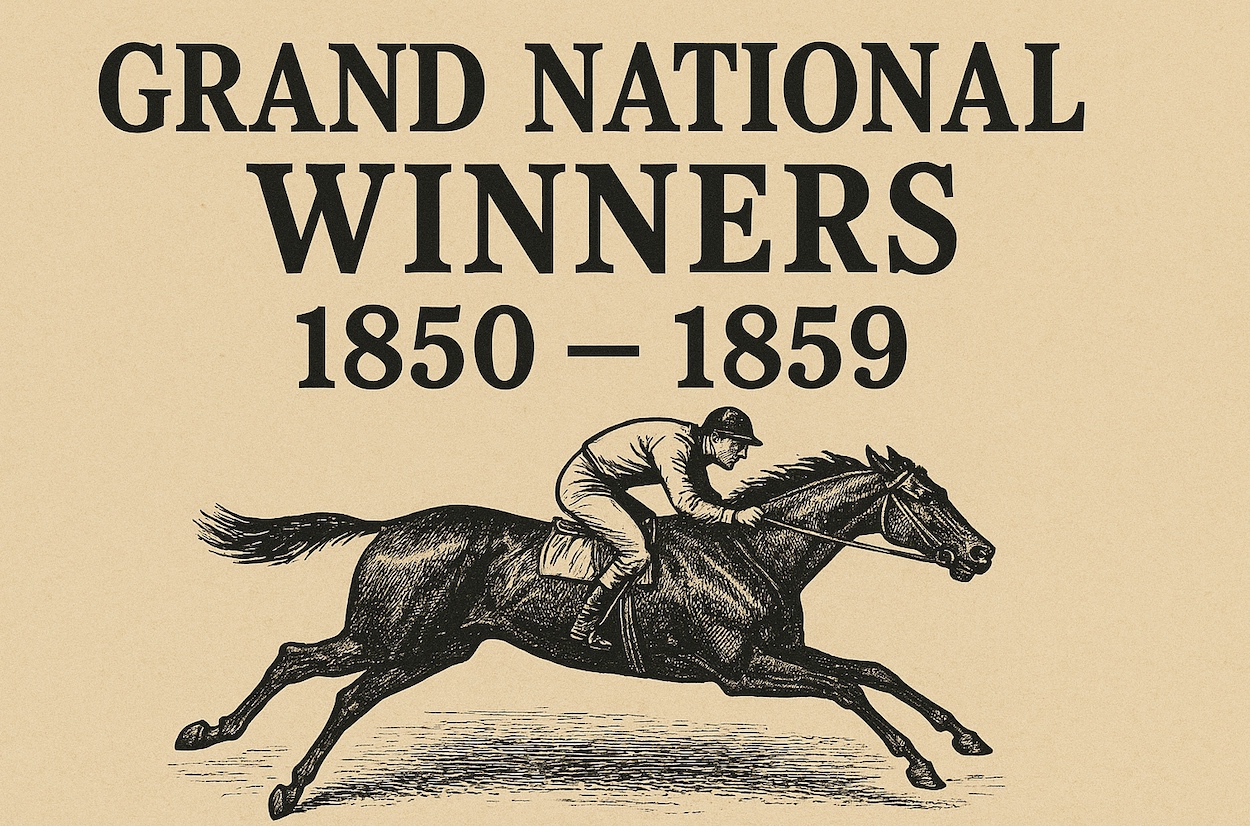 The height of the Victorian era.
The height of the Victorian era.
Lord Palmerston becomes Prime Minister in 1855. A time of much conflict.
The Crimean War (1853 – 1856) saw Britain, France and the Ottoman Empire fight against Russia. The weakening Ottoman Empire saw European powers fighting over influence and territory. Known as the ‘Eastern Question’ Russia wanted to gain control of the Black Sea, while Britain and France feared this would threaten trade routes and global influence. It also had religious underpinnings with disputes between Catholic and Christians, which saw a religious dispute in Jerusalem. Major battles included The Charge of the Light Brigade and the Fall Of Sevastopol. Sadly, of the 750,000 who lost their life, the vast majority died through disease, infection and harsh conditions. Typhus and Cholera swept through armies. Russia lost the war and signed the Treaty of Paris in 1856.
This period saw Florence Nightingale reform nursing and hygiene.
It was the height of the Industrial Revolution. Cities such as Liverpool and Birmingham become industrial powerhouses. This was detailed with the Great Exhibition (1851), held at Crystal Palace, organised by Prince Albert.
A Victorian cultural boom saw Charles Dickens Bleak House and Little Dorrit hit the bookshops. The growth of popular journalism saw the penny press.
Charles Darwin’s On the Origin of Species was published in 1859.
The Aintree Grand National remained as popular as ever although there was criticism regarding horse fatalities.
Let’s take a look at the winners for this decade:
1850 – Abd-El-Kadar 30/1
1851 – Abd-El-Kadar 7/1
1852 – Miss Mowbray 12/1
1853 – Peter Simple 9/1
1854 – Bourton 4/1
1855 – Wanderer 25/1
1856 – Freetrader 25/1
1857 – Emigrant 10/1
1858 – Little Charley 100/6
1859 – Half Caste 7/1
1850: The decade started on a high note with Abd-El-Kadar who was an unconsidered Irish raider who won at odds of 30/1. ‘Little Ab’ was a tiny gelding owned and trained by Joseph Osborne and ridden by Chris Green (who went on to win again with Half Caste, 1859). He was born at Upwell, Norfolk. Abd-El-Kadar was considered by many a fortunate winner, holding on to win by half a length with much drama at the final fence. Fortune favours the brave, and this little horse would prove he was a star when retaining his title the following year with another battling victory to win by a neck. The first dual winner of the National. He would attempt to make it three wins on the trot but pulled-up at the 20th fence (Becher’s Brook) after running across the wheat field for the second circuit. He would finish 5th in 1853.
1853: Peter Simple was no stranger to the Grand National after winning in 1849 for Tom Cunningham and owner Finch Mason, Jr. In heavy ground, he won by three lengths at odds of 20/1. There were 3 fatalities in the race leading to much criticism in the press. However, Peter Simple would make history in 1853 when winning for a second time at the age of 15. This is a record unlikely to be beaten. His victory was all the more impressive for not completing the course in the three previous races.
1854: 4/1f Bourton won in a canter by fifteen lengths, ridden by John Tasker, trained by Henry Wadlow in the ownership of William Moseley. Reading the race report, it is quite distressing to hear the lack of compassion some jockeys had for their mounts. Half And Half finished sixth but was ridden lame for most of the second circuit after breaking down. A similar story for the veteran Peter Simple, who was 16, who finished in a very distressed state after breaking down badly. He was ridden by Newmarket-born Charles Boyce, the son of Classic winning jockey Frank.
1857: There is an interesting story behind Emigrant, who was won in a card game from Ben Land. Bookmaker and noted gambler George Hogman, bet heavily on his horse ante post but began to lay it to lose as the race neared as public confidence in the horse faded. However, Hogman made no secret that he thought the horse was a certainty. Trained and ridden by Charles Boyce, who was injured leading up to the big day, kept the ride. When asked for instructions Hogman said: ‘Do what you like.’
Emigrant won the race easily by three lengths at odds of 10/1.
Hogman won £5000. However, if he hadn’t laid much of his potential win with fears of his injured jockey not being at his best, he could have won ten times that sum. Boyce was rewarded with a gift of £1000. In today’s money, that would be worth £150,000.
1859: Half Caste concluded the decade winning at odds of 7/1 for trainer-jockey Chris Green in the silks of Mr Willoughby. The race saw spectators sabotage many of the fences endeavouring to make them less of a test. Some jockeys returned after the race to say their mounts had jumped spectators, so close to the jumps were the crowds! With the conflict of the Crimean War and Indian Mutiny there was concerns it had starved the sport of both good hunters and good hunting men. The field was made up of mostly flat race rejects and horses which had never taken part in a steeplechase. In one of the closest finishes ever, Half Caste won by a short neck.